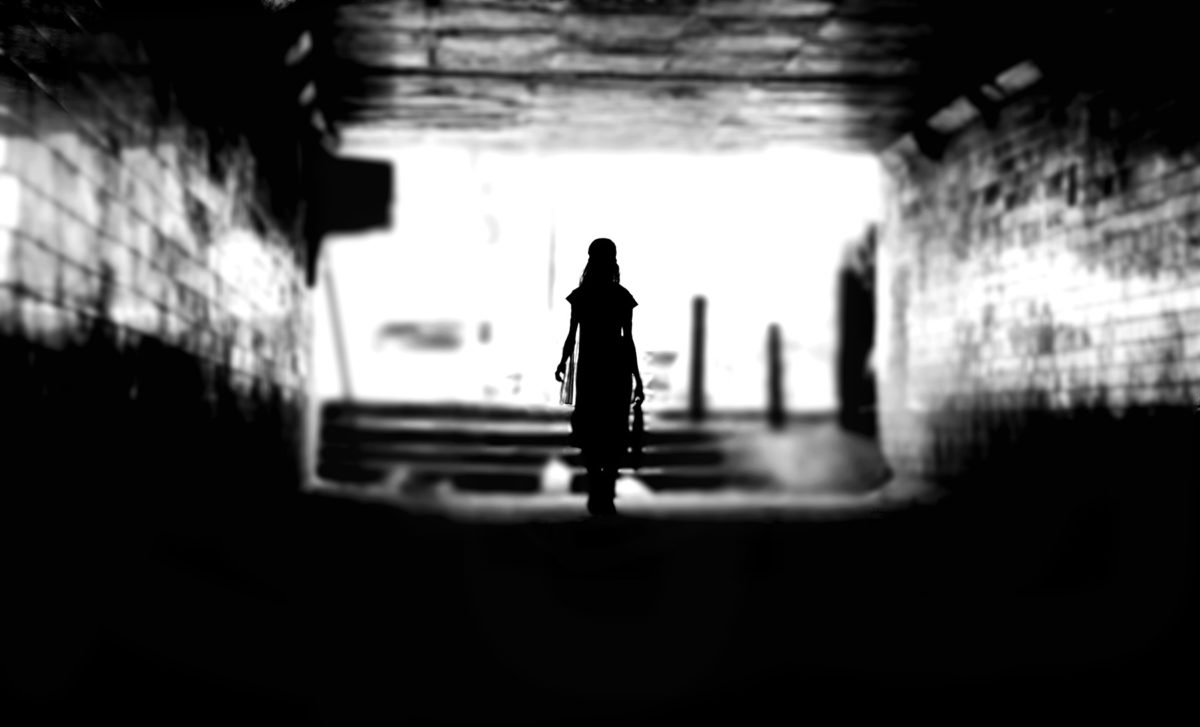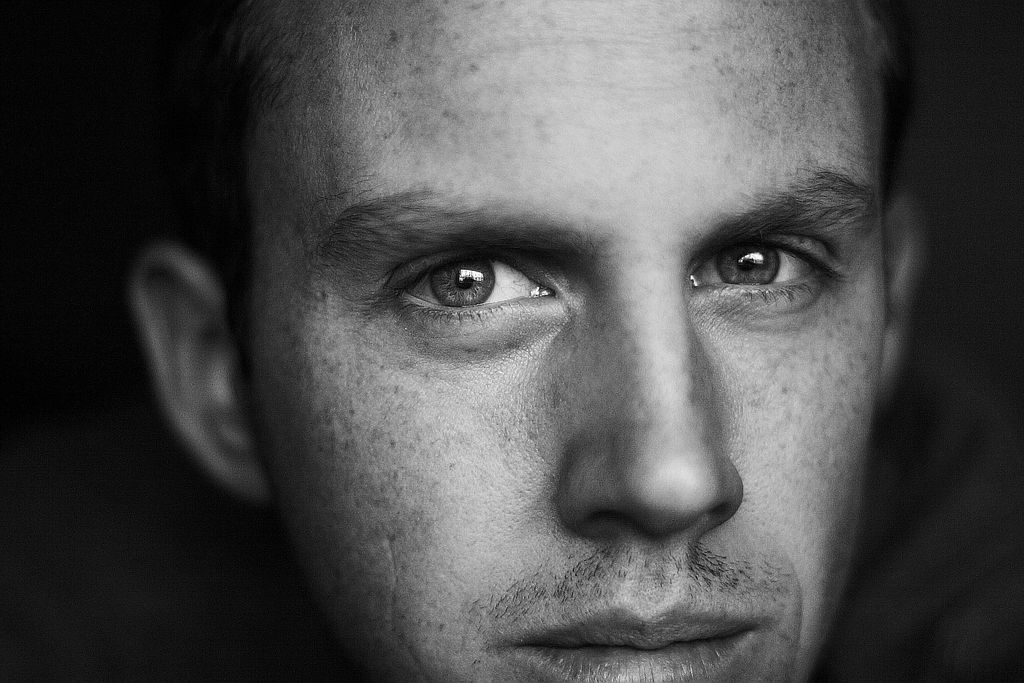“If only. Those must be the two saddest words in the world.” ― Mercedes Lackey
This time last year, I was still waiting for the jet lag to wear off at the beginning of a month-long trip in Germany. I had just finished my last semester of college and the trip to Berlin was the culmination of an international reporting course. For myself and 17 other students, the objective was to report on the refugee crisis and find a unique angle to cover it.
As much as I learned and discovered from the reporting trip, my greatest lesson came after our reporting project had ended and everyone had left — returning home or continuing on to their next great adventure.
I’ve heard from many people that their most educational experiences, the ones that instilled some great change in them, generally happened at times when they were alone. Something happens to us when we are left alone. We see and experience the world in a completely different way. Without another person to focus our energy on, our minds open up to our surroundings and something that had maybe been right in front of our eyes the entire time, invisible to us with the distractions of traveling in pairs and groups, suddenly becomes visible.
For me, that something revealed itself in the most unassuming of places — an underground train station.
Once our reporting trip had come to a close, I decided to stick around for another week to explore the city of Berlin on my own. I was preparing to celebrate my 22nd birthday, and I was determined to get into Berghain — one of the world’s most famous nightclubs and, not surprisingly, one of the hardest to get into. So when I had made it up to the bouncer, after an hour of waiting in line, I didn’t take it personally when he shook his head and opened his arm toward the alley without even consulting the notorious Sven Marquardt — the club’s long-time bouncer who was standing in the corner, obsolete and uninterested.
I reluctantly left and began making my way back to the hostel I was staying at. I had looked up several other clubs earlier that day as a backup, should I fail to make it into Berghain, but it was getting late and I didn’t really want to stand in another line. I was walking to the nearest bus stop, and enjoying the quiet of the dark streets. I took two buses, before making it to the train station that would bring me back to Urbanstrasse.
I was sitting in the underground, waiting for the next train, when a man behind me started playing music. He was playing an instrument that I had never seen before, an instrument that I had never even heard of. I now know that it was a hang drum, but the name is of little importance compared to the sound that it made at the touch of a young man dressed in bohemian garb.
Everything stopped as the sounds echoed and reverberated off the walls of the underground tunnel. I sat there, not moving, just listening. I started to cry.
I cried because I didn’t ever want it to stop.
I don’t often believe in fate, but I believed in that moment, as I do now, that I was meant to be in that tunnel, listening to a stranger play an instrument that was entirely foreign to me. There was a reason I didn’t get into Berghain and a reason I walked into that subway station at that moment.
I was meant to hear him play.
I sat there listening, and everything else faded away. The rest of my day seemed unimportant, and I recalled having felt all day as though I had been waiting for something grand to happen. I had mistakenly thought that Berghain was what awaited me.
But that moment, to me, meant more than anything else that could have possibly happened — on my birthday, or any other day.
I eventually turned to look at the young musician who had captured my soul and all that I am with the simple rhythmic drumming from his hands and the tips of his fingers.
He looked like a gypsy, a traveler — his clothing was worn, with many holes and frayed edges. He must live in those clothes, I remember thinking.
His hands never stopped moving as he beat on the instrument in a series of pulsating taps. The instrument was little more than a piece of cutlery — a large metal bowl with dents in it. But the sounds that came from it stemmed from another world.
I could have listened to him forever. I could have stayed, happily caught in a musical trance. But eventually, his song ended. The metal instrument sat silently in his lap, and the train soon came.
It pulled up to the station and the doors slid open. I hesitated before standing up, my feet slowly carrying me forward. It was a shuffle more than a walk. I didn’t want to go. I didn’t want to leave the strange traveler and his beautiful instrument, who had made me feel so much.
I could feel something in me fighting back with every step I took. But I made it to the train and I stepped on. I turned my back to the opposite set of doors so I could still see the man and his upside-down metal bowl.
The buzzer sounded, signaling that the doors would soon close. My heart fluttered as I had the urge to run, to jump from the train and back onto the platform.
To do what, I don’t know. I just knew that I was meant to be there.
But I couldn’t move. Every cell in my body wanted to, but I just couldn’t.
I stood there, frozen, as the doors came to a close. The train jolted forward and my heart sank. The silent tears that had been sliding down my face, one at a time, were now spilling in a continuous stream as an immediate feeling of regret took hold.
My regret was more than the simple act of not jumping off that train — my every regret was present in that moment. I envied the hang drummer, who seemed so content in his music. I only wished that I, too, could become my craft as he had. To abandon all else for my passion, even when the stresses of the real world begin to close in. The worries of debt, bureaucracy and an overall lack of time, lost and forgotten.
I was stricken with fear, a fear of the unknown maybe? A condition, which Audrey Hepburn would so rightly call “The Mean Reds.” … Perhaps.
That moment seemed to sum up my greatest struggle in less than ten minutes — it was the worst instance to date of my inability to act, to move forward and do what I want to do, simply because I want to do it.
I have thought about that night so many times since — each time playing it over in my head, the regret growing deeper and imprinting itself into my mind.
I think about it now more than ever as I close in on the one-year mark since my trip. It’s a sign, and one I must follow. A sign that something must change. A sign to go after what I want.
So from here on out, I will jump off that train. I will jump off that train every day, for as many times as it takes to make up for the one time I failed to do so. I will listen to fate, and let instinct be my guide. Even for something as simple as a metal bowl with dents in it, transformed into a beautiful instrument at the hands of a young bohemian musician.




Follow us on Instagram
possibilitychange